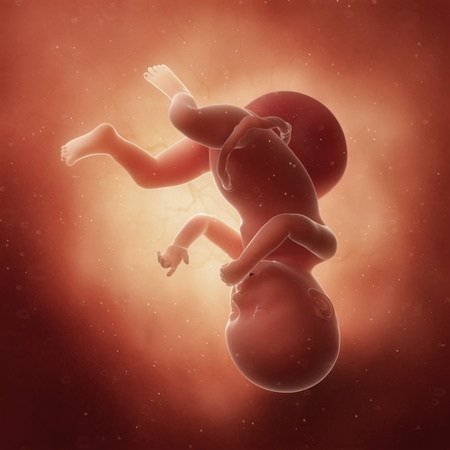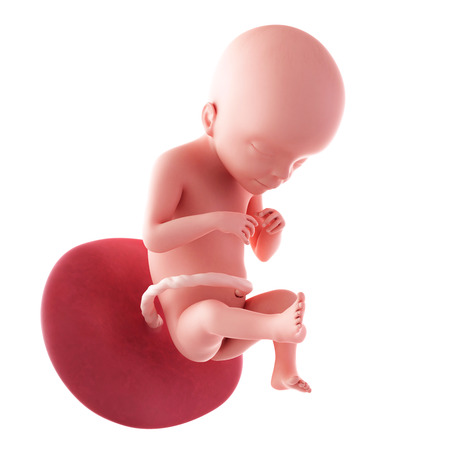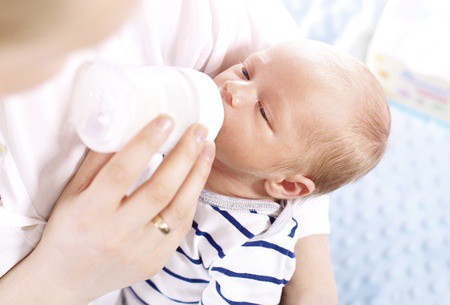36 Weeks Pregnant
At 36 weeks pregnant, you are now into the ninth and final month of pregnancy. This week onwards, your little bub has a 99% survival rate with no major abnormalities. The baby is as big as a canary melon weighing almost 2.7 kilos and 18 inches tall. He/she has attained the new born height by now and also the standard weight for a newborn that is 2.5 kilos. In the coming four weeks, the baby will put on approximately 1 kg. The final weight will vary depending on how long your pregnancy continues.
How Your Baby is Growing This Week?
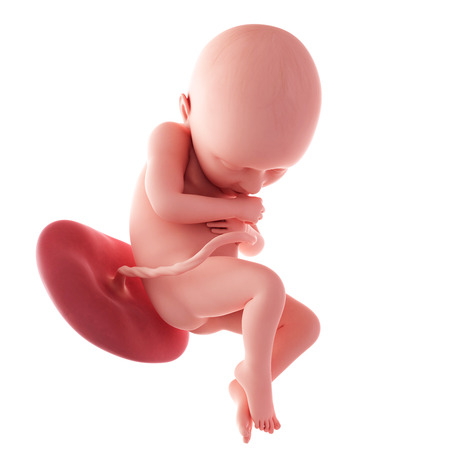
This week, the baby is called “early term”. Full term babies are the ones born between 37 and 39 weeks. The development of the vital organs is nearly complete and now the baby is just gaining weight. The fine hair over the body is shedding off into the amniotic fluid. The baby ingests this fluid and it passes through the digestive tract and gets collected in the intestines. This waste is called meconium and will be passed as the first black tarry stool after birth. Another importance of meconium is that in case the baby is in distress within the womb, it will pass the stool. In case your doctor notices meconium stained liquor, it will become an indication for c section.
The lungs are fully mature this week and are getting ready to inhale air. The digestive tract is formed but will start functioning fully when the baby begins to take in milk. At present, the main source of nutrition is still the placenta via the umbilical cord.
The baby will have definite sleep and wake cycles by now although they will not in any way coincide with day and night. It’s only after a month after birth that babies begin to understand the difference between day and night. You will continue to feel the kicks and punches well through this month in spite of the limited space within the uterus.
In case you are pregnant with twins, one of the babies tends to move up at this stage giving more space to the other. Twins are considered as full term at 37 weeks but it has been seen that 50% of the twins arrive by or before 36 weeks.
Changes in Your Body at 36 Weeks Pregnant
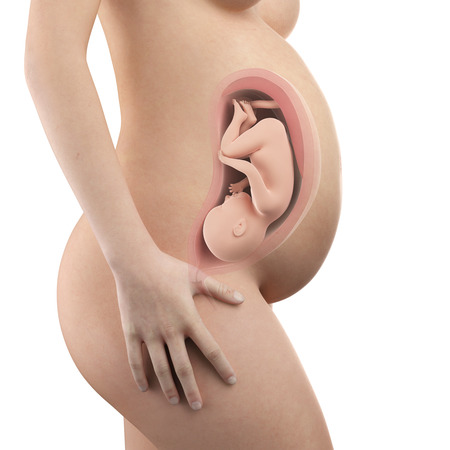
The growing uterus puts a lot of pressure on the upper abdominal organs. The stomach is squished making it difficult for you to digest normal meals. You may end up getting acidity and heartburn by the simplest food these days. Try to keep the meal portions small and eat at frequent intervals to avoid heartburn and acidity. Early symptoms like morning sickness and nausea will now be the last thing in your mind, especially with your increasing weight and the nearing of your due date.
In the coming weeks, the baby will drop lower down into the pelvis. This is called “lightening” and with this, the pressure is slightly taken off the lungs and you will be able to breathe in completely. However as the baby is lower, there will be pelvic pressure and you feel uncomfortable walking, squatting and even getting up from a sitting posture. In case this is your second pregnancy, the baby will not drop down till just before the onset of labor.
You will also notice pregnancy symptoms like Braxton Hicks contractions which are similar to labor pains more frequently these days. The severity and frequency of the contractions will help you differentiate between these and actual labor. In case you have a normal pregnancy and you are full term, the doctor will ask you to report to the hospital when you have pains that come in episodes and each one lasts for about 1 minute.
Week 36 Pregnancy Signs and Symptoms
As you understand your pregnancy week by week, you will notice there is a change in the symptoms of pregnancy from this week onwards. The early pregnancy symptoms are now gone and you will experience the labor symptoms. From here on you will need to be very careful and observant about the pains. It is also good to have a fair idea about pre-term labor. The pregnancy calculator shows only four weeks to go from here.
- Braxton Hicks contractions
- Round ligament pains
- Pain in legs, backache and joint pains
- Oedema around the ankles
- Shortness of breath
- Tailbone pain
- Frequent and urgent urination
- Reflux symptoms with heartburn
- Insomnia
- Varicose veins
- Hemorrhoids
- Fatigue
- Anxiety and emotional changes with mood swings
- Waddling gait
- Forgetfulness
- Constipation
- Leg cramps
- Dry and itchy skin of abdomen, thighs and breasts
- Stretch marks
- Breast enlargement
- Hot flushes
- Yellowish discharge from the nipple
- Carpal tunnel syndrome
- Restless leg syndrome
Pre-term Labor Symptoms
In case you notice any of the following symptoms at 35 weeks pregnant or around 36 weeks pregnant, you could be heading into pre-term labor and will need to rush to the hospital immediately.
- Pressure like feeling in the lower abdomen
- Bleeding or spotting
- Cramping pain which is increasing in frequency and intensity
- Leaking or gushing of clear watery fluid from vagina
- Pinkish or bloody mucus discharge (expelled mucus plug from the cervix)
Diagnostic Tests and Ultrasound Results in Week 36 of Pregnancy
The ultrasound shows your little baby moving his limbs actively. The 3D image will show you exactly how he/she will look in real life.
These are the last few sonograms and the phase of looking at your baby in the computer screens is about to end soon as you will hold your little one in your arms in the coming week or two.
The basic parameters like placental blood flow, fetal heart rate, condition of the cervix and length of the cervix are measured. The doctor will also look for any loops of umbilical cord around the baby’s neck.
This week, when you are 36 weeks pregnant, you may be given a set of blood tests like routine urine test, blood sugars and creatinine to monitor for preeclampsia.
Pregnancy Health Tips
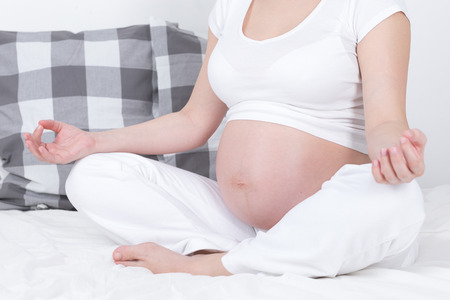
- Lie down on your left side with a pillow under your pregnant belly for support. And make sure you support your hands while getting up from a lying down position.
- Watch out for any signs of pre-term labor and keep all emergency contact numbers handy and your hospital bag ready.
- Drink plenty of fluids as you need to keep yourself well hydrated.
- Practice breathing exercises and take short walks in these last few weeks
- Many pregnant women have a spurt of energy and feel like cleaning up (nesting) and organizing around this time. It’s a natural instinct in preparation for the new baby. But take care that you do not over exert.
- Keep a mental count over the baby’s movements. Any reduction of movements at this stage could indicate the baby in distress. See your doctor if you do not feel anything for 2-4 hours at a stretch.
- Use a moisturizer or coconut oil to soothe the dry itchy skin over the abdomen and breasts.
- Take smaller meal portions at more frequent intervals.
<<< 35 Weeks Pregnant | 37 Weeks Pregnant >>>

